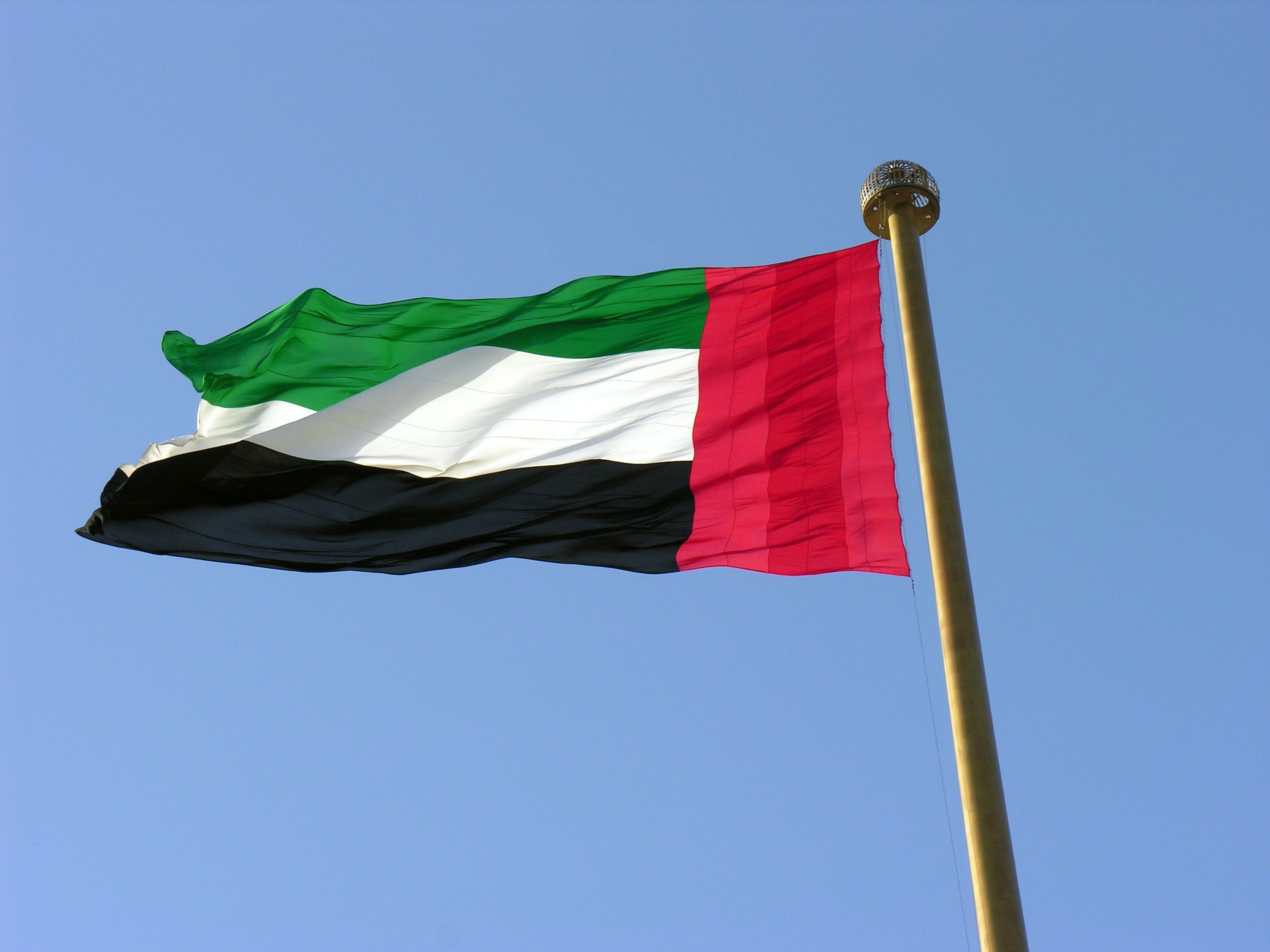The two Gulf states announced the restoration of diplomatic relations in January, ending the three-year-long regional dispute.
Delegations from Qatar and the United Arab Emirates met in Kuwait on Monday for the first time since the signing of the Al Ula Declaration on January 5, the Emirati state news agency WAM reported.
Delegations from the neighbouring Gulf states “discussed joint mechanisms and procedures for implementing the Al-Ula statement”, WAM said.
“They emphasised the importance of preserving Gulf kinship and developing joint Gulf action in the interest of GCC countries and their citizens, and of achieving stability and prosperity in the region,” it added.
On the same day, Qatar’s Minister of Foreign Affairs Sheikh Mohammed bin Abdulrahman Al Thani met with Secretary-General of the Gulf Cooperation Council [GCC] Nayef bin Falah Al-Hajraf in Doha to discuss the “path of joint Gulf action within the framework of the council in light of the outcomes of the Al-Ula Summit,” according to a report by Anadolu.
While no further details of the meeting’s outcome were revealed by the state news agency, Dubai-based professor of politics and former UAE government advisor, Abdulkhaleq Abdulla stated that one of the key areas of discussion at the meeting likely involved the return of Abu Dhabi’s ambassador to Qatar.
“The most important news today is the first Emirati-Qatari dialogue held in Kuwait. It resulted in the implementation of the terms of the GCC reconciliation, preserving the Gulf unity, and strengthening bilateral relations. I expect the agreement to return the ambassadors soon,” he tweeted.
Read also: GCC chief explains why Qatar has yet to respond to Bahrain
The two Gulf states announced the restoration of diplomatic ties in January after an illegal air, land and sea blockade imposed by Saudi Arabia, the UAE, Bahrain and Egypt that lasted for over three years.
Since the signing of the declaration in the Saudi kingdom that marked the end of the feud, flights between the UAE and Qatar have also been restored.
Trade between the two states is also set to resume, with one of its most prominent e-commerce websites Namshi opening a hub in Qatar.
The embargo on the Qatar was imposed on the bases of allegations that it funds terrorism. Doha has vehemently and consistently denied this claim.
Shortly after the blockade, the quartet asked Qatar to adhere to a list of 13 demands in order to resolve the feud in 2017, including shutting down its top media outlet Al Jazeera.
However, the list was reportedly not discussed in the meetings preceding the signing of the declaration, nor in the accord itself.
The accord encourages joint cooperative action by the GCC members to combat issues that pose a regional threat and to provide equal opportunities to its citizens to work and travel.
While all nations involved in the crisis have so far shown positive moves to mend the feud, Bahrain’s position still remains in question, with a series of provocative acts launched against Qatar.
Follow Doha News on Twitter, Instagram, Facebook and Youtube







